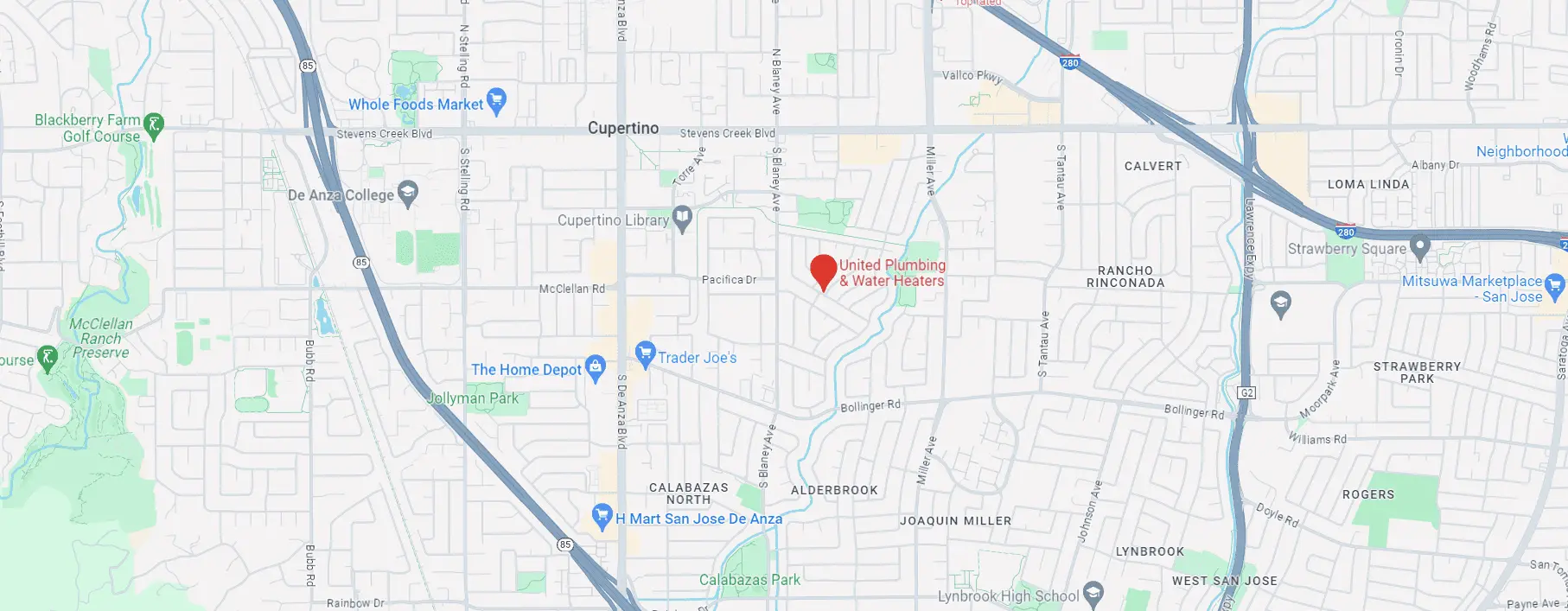Rust in hot water heaters: causes, signs and consequences
Your water heater is a crucial appliance that ensures you have a steady supply of hot water for various household activities. Over time, however, water heaters can face the issue of corrosion, particularly when iron pipes are involved in the plumbing system. In this article, we’ll explore what a corroded water heater looks like, the causes of corrosion, how to identify it, and the potential consequences.
Causes of Corrosion: Galvanized Pipes
One of the primary culprits behind water heater corrosion is the presence of galvanized pipes in the plumbing system. While galvanized pipes are durable, they are susceptible to rust over time, especially in the presence of oxygen and moisture. As water circulates through these pipes, the iron can oxidize, leading to the formation of rust particles. These particles can find their way into the water heater, causing corrosion within the tank.
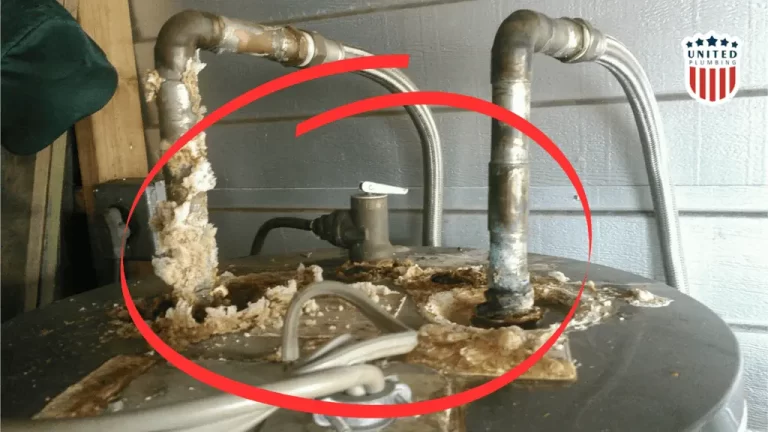
The Limitations of Filters with galvanized Pipes:
If your plumbing system includes galvanized pipes, relying solely on water filters may not provide an effective solution to prevent corrosion. Filters are designed to trap impurities, but they may not be entirely effective in removing microscopic rust particles generated by corroded galvanized pipes. In such cases, preventive measures and regular maintenance become crucial.
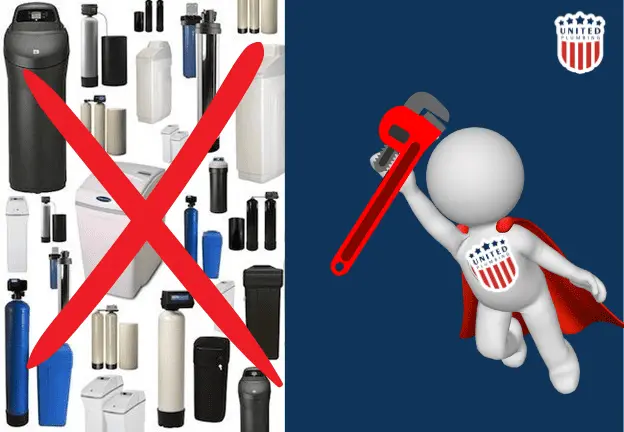
Signs of a Corroded Water Heater:
Brown Water: One of the most noticeable signs of water heater corrosion is brown or discolored water. The presence of rust particles in the water gives it a brownish tint, indicating that corrosion is occurring within the system.
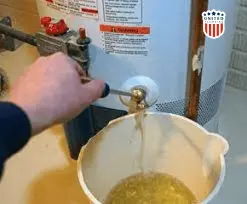
Debris in Water: Corroded galvanized pipes can release various debris into the water supply. If you notice sediment or particles in your hot water, it may be an indication that corrosion is affecting your water heater.
Low Water Pressure: Corrosion can lead to the accumulation of rust and sediment in the pipes, causing a reduction in water pressure. If you experience a noticeable drop in water pressure, it could be a sign of corrosion within the water heater.
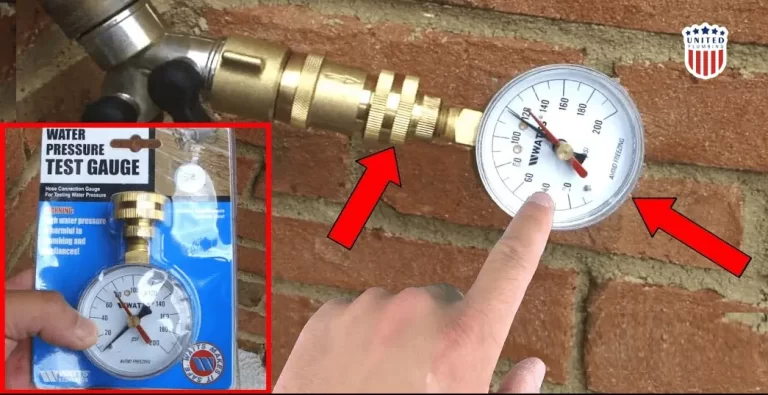
Consequences of Corrosion:
Deterioration of Water Quality: Corrosion compromises the quality of the water by introducing rust particles and other contaminants. This can impact the taste and safety of your water.
Tank Corrosion: The interior of the water heater tank is vulnerable to corrosion. Over time, this corrosion can weaken the tank structure, potentially leading to leaks and water damage.
Post views: 867

